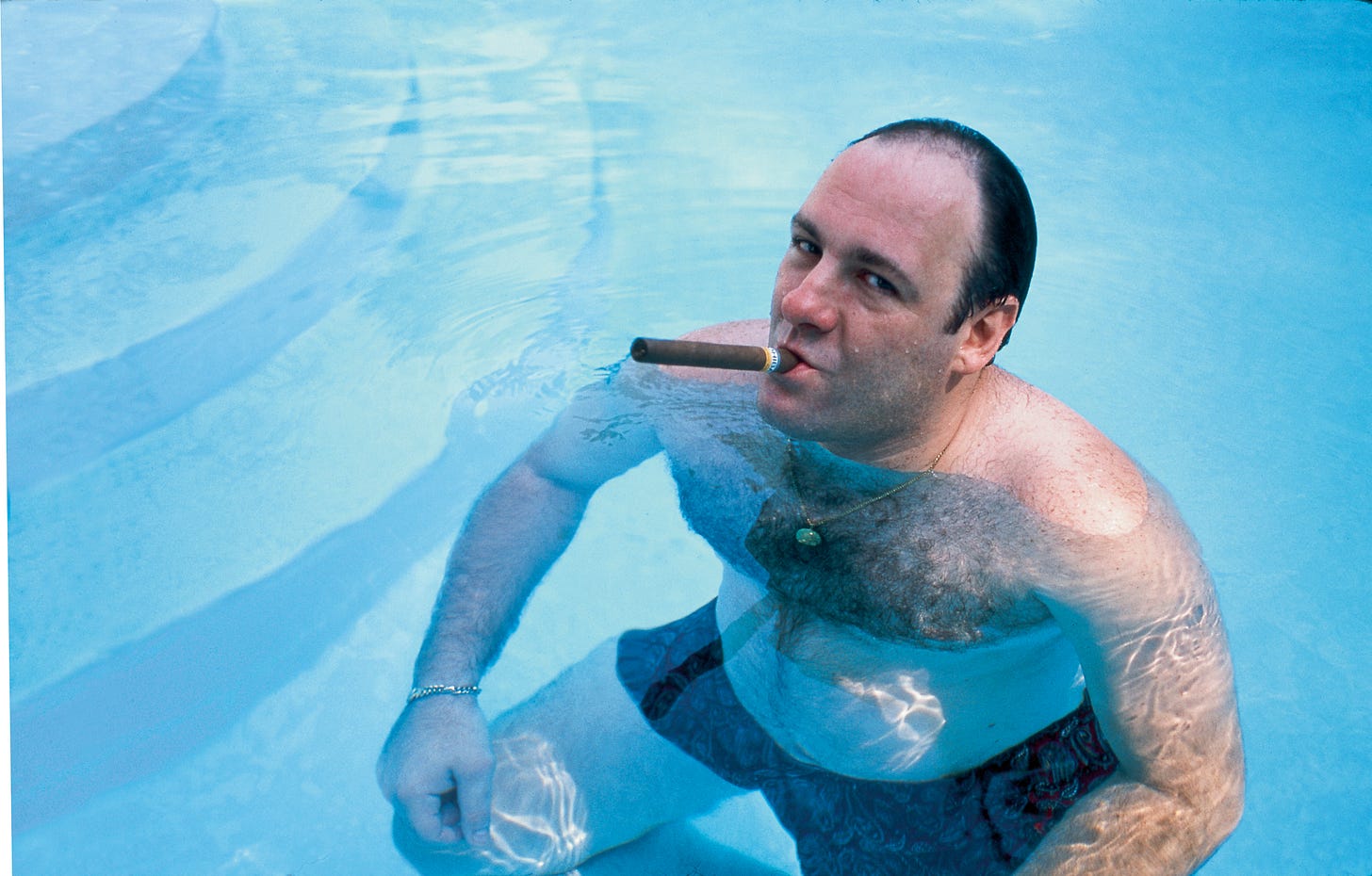Hollywood Golden Ages: Prestige TV 1999-2016
Small-screen artistry reached new heights until peak TV got in the way

Welcome to Golden Ages, a five-part series this week about four of Hollywood’s most fecund eras, the elements that had to come together for them to produce such iconic work, what went right and why — and, of course, how each ultimately fell apart. We’ve covered the 1930s, 1970s and 1990s. Today: prestige TV 1999-2016.
Our final Golden Age takes a sharp turn from the previous eras. Hollywood's final Golden Age was a Golden Age of television.
In the previous eras I’ve assessed, TV functioned almost as a trainer for film — spurring the big-screen medium to great heights to distinguish itself. While TV threatened at various times to swallow up film’s audience and it certainly produced some impressive, groundbreaking work, on the whole it was never a true creative threat to the film medium.
Around 2000, that changed. In very short order, television went from being the klutzy, trying-too-hard loser to the kid whose house was where everyone wanted to play, siphoning off the best talent — and with it, a lot of the energy and creativity in the industry. Eventually, it took on such critical mass that it seemed on the brink of swallowing the business completely.
For a medium that had progressed in inches since its inception to suddenly producing such shows as The Sopranos, Breaking Bad and Veep was an incredible leap forward.
So where did this burst of creativity come from? What were the circumstances that allowed TV networks not only to make this broad jump but then build on it?
First, Defining the Age
HBO’s The Sopranos is widely considered to have kicked off this Golden Age with its debut in January 1999. Some sticklers will set the marker at Oz (1997) or such network antecedents as Buffy the Vampire Slayer (1997). But let’s leave that to the historians.
The bigger question is when the period ended . . . if it even has. Current shows like Shogun, The Crown, Fargo and The Bear are creatively of a piece with the series of HBO’s early breakthroughs, and certainly the creativity on those shows is as high as ever.
Recent proclamations that “peak TV is over” have been about the fall-off in the quantity of production, rather than the quality.
So if we’re to chart the length of this Golden Age, I would propose as a cut-off point that moment when prestige TV became peak TV. It never stopped being about quality, but at some point the narrative of this era became about the growth of the services more than about the original shows. FX’s John Landgraf delivered his first speech decrying there being “too much television” in 2015. Game of Thrones achieved what’s arguably its last great season a year later, its sixth, so let’s set our markers at 1999 to 2016.





